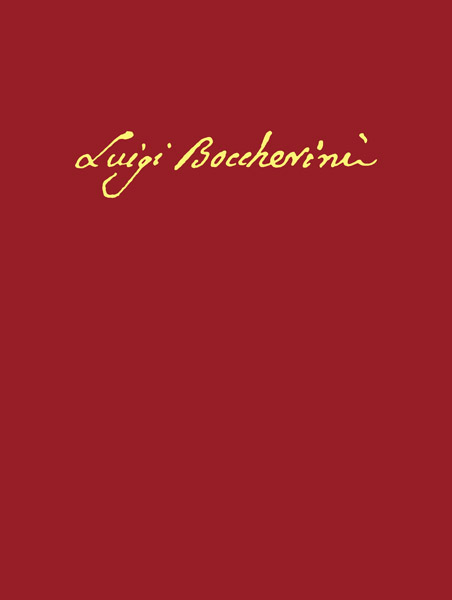edited by Roberto Illiano, Turnhout, Brepols, 2024 (Music, Science and Technology, 7), pp. xiv+410 + 16 color ills., ISBN 978-2-503-61183-9.
This book traces the relationship between sound, music and architecture from the Middle Ages to the 21st century.
The first part of this volume deals with the physical relationship between music and architecture, focussing on the intersection between rite, sound and architecture in ecclesiastical spaces such as the Cathedral of Notre-Dame de Paris, the churches of medieval Sicily, the liturgical spaces of 15th-17th-century France and the Roman churches in the Baroque era.
A substantial article by Richard Bösel presents a comprehensive panorama of music rooms and concert halls, starting from the archetypes conceived in the Early Modern Age and concluding with their present-day configurations.
The last article of this section is dedicated to the Festspielhaus located in Hellerau (Dresden), based on the documentary sources and the writing of the protagonists, in particular Émile Jaques-Dalcroze and Adolphe Appia. The theme continues in the second part of the book with the examination of the historical relationship between architecture and acoustic knowledge in the age of modernity.
Moreover, the following chapter explores the architectural idea of designing for musical tone as it found expression in the early decades of the twentieth century. The last two articles of this section explore Leo Beranek’s research regarding the quality of musical spaces in the history of modern science, and the experimentations of the architect Bernard Leitner with his Soundcube.
The last part of the book will focus on Music as an ‘art of space’, exploring installations and musical experimentations by composers such as Xenakis, Jean-Luc Hervé and John Chowning.
Roberto Illiano is General Secretary of the Centro Studi Opera omnia Luigi Boccherini and President of the Italian National Edition of Muzio Clementi’s Complete Works. Graduated in musicology from the University of Pavia (Italy), he also received a M.Mus in Musical Philology and Paleography from the same University. He collaborated with the Stichting-Fondazione Pietro Antonio Locatelli of Amsterdam-Cremona from 1999. He is General Editor of the series ‘Speculum Musicae’ and ‘Staging and Dramaturgy: Opera and the Performing Arts’ (Brepols Publishers), and is a member of the advisory board of the Italian National Edition of Luigi Boccherini’s Complete Works (Secretary Treasurer) and the Italian National Edition of Pietro Antonio Locatelli’s Complete Works (Secretary Treasurer). A founder of Ad Parnassum: A Journal on Eighteenth- and Nineteenth-Century Instrumental Music, he is a member of the editorial staff of the series Ad Parnassum Studies and Quaderni Clementiani (Ut Orpheus Edizioni). He has published a variety of writing (edited volumes, articles, editions, and dictionaries entries) on 19th– and 20th-century music, in particular on Luigi Dallapiccola and Italian music under the Italian fascism.













